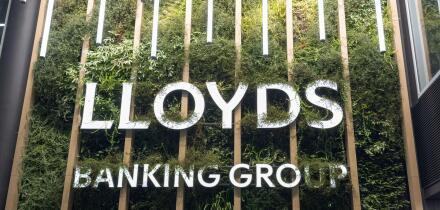
Some serious people in the leveraged finance market believe that covenants designed to protect investors are on their way back. That would mark the reversal of a trend that has been going on for perhaps 20 years of borrowers, and the people that own them, pushing the conditions that govern their borrowing ever more in their own favour.
It is early days – to the extent some market insiders do not believe it is even happening – but we investigate this week what restraints lenders are demanding and how far they can push back with interest rates rising and recession looming.
Financial institutions’ autonomy in deciding to redeem their regulatory capital early or keep it in place is often a controversial topic. This capital is designed to be called but a borrower’s call option is just that: an option, not an obligation. Nonetheless, chaos ensued in the Asian market recently when Heungkuk Life, an insurance company, made some very strange decisions about what to do with one of its callable bonds. It was a story of how on company’s confusion spread throughout the bond market dragging in all manner of innocent bystanders.
Finally, we take a look at an announcement made at COP 27 in Egypt this week and what an effort to build climate resilience into bonds means for the small, low income countries most vulnerable to climate change.






